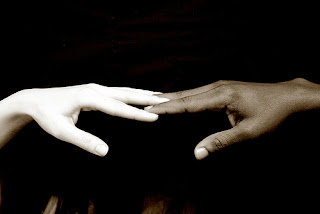Mother-child relationship does go a longer way than thought of
The umbilical cord supplies the foetus with oxygenated, nutrient-rich blood. Once it is cut off, the infant still remains attached to the mother. All thanks to oxytocins — the mammalian hormone often called the love hormone. There is something about science that makes it often talked about. Emotions do not arise from the heart as we all are told at an early age; they are developed in the brain and through its patterns.
It is not news that the parent-child relationship affects the other associations that the child is likely to form at later stages of his or her life. But a new study by psychologist Jeffry A. Simpson, the author, with University of Minnesota colleagues W. Andrew Collins and Jessica E. Salvatore shows that your interpersonal experiences with your mother in particular during the first 12 to 18 months of your life as an infant predicts your behaviour in romantic alliances 20 years later.
Before one is aware of the thought process and the language to describe any attitudinal change, implicit attitudes about your worth and about the amount of love and affection one is capable of garnering, gets encoded into the mind.
These attitudes do change with new relationships and associations but old patterns of the mind often reassert themselves. The infant who might have been mistreated becomes the defensive arguer while the other who was treated in a supportive manner would be bent upon resolving problems.
"Psychologists started off thinking there was a lot of continuity in a person's traits and behaviour over time," says Simpson. "We find a weak but important thread" between the infant in the mother's arms and the 20-year-old in his lover's. But "one thing has struck us over the years: It's often harder to find evidence for stable continuity than for change on many measures”, he adds.
Before one is aware of the thought process and the language to describe any attitudinal change, implicit attitudes about your worth and about the amount of love and affection one is capable of garnering, gets encoded into the mind.
These attitudes do change with new relationships and associations but old patterns of the mind often reassert themselves. The infant who might have been mistreated becomes the defensive arguer while the other who was treated in a supportive manner would be bent upon resolving problems.
"Psychologists started off thinking there was a lot of continuity in a person's traits and behaviour over time," says Simpson. "We find a weak but important thread" between the infant in the mother's arms and the 20-year-old in his lover's. But "one thing has struck us over the years: It's often harder to find evidence for stable continuity than for change on many measures”, he adds.




Comments
Post a Comment